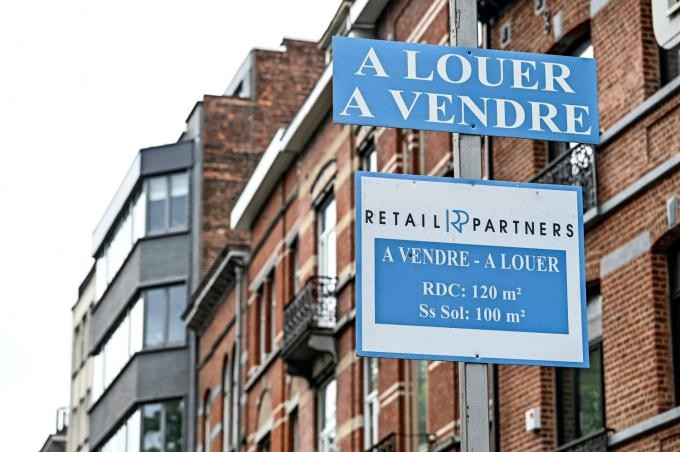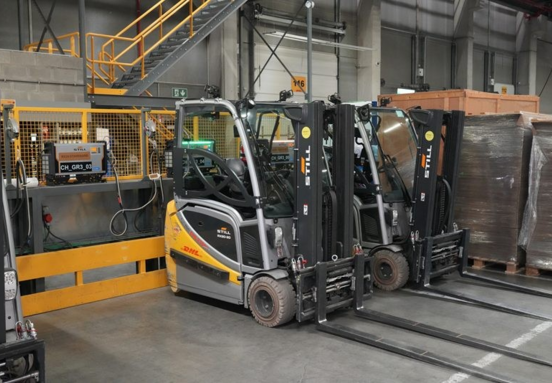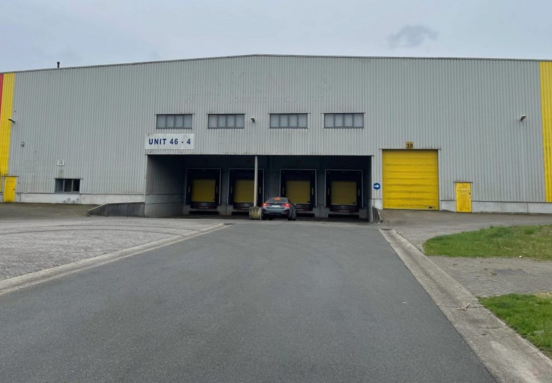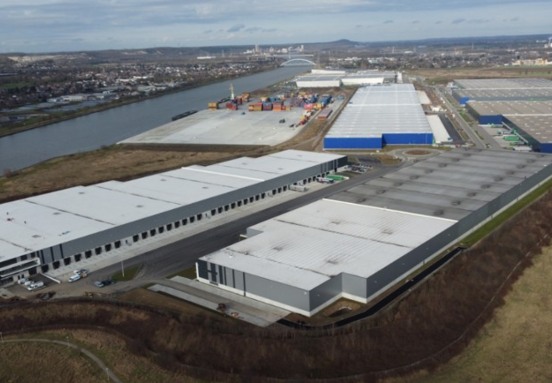The vibrant commercial landscape of Brussels, a hub for international business and a strategic location in Europe, is currently facing headwinds within its real estate sector. A perceived abandonment by political powers has plunged the market into a state of flux, characterized by regulatory instability, legal insecurity, and delayed projects. For businesses scouting for new office or warehouse premises, understanding these underlying dynamics is crucial for strategic planning when considering the Brussels commercial real estate market.
Political instability & regulatory hurdles impacting Brussels commercial real estate
At the core of the current challenges is a significant absence of political decisions and an institutional void, leading to widespread uncertainty and legal insecurity across the entire Brussels property market. This climate particularly discourages property owners, who face unstable regulations, increasingly stringent energy efficiency norms, escalating renovation costs, and rising property taxes. While this initially impacted smaller landlords, the ripple effect extends to the broader commercial sector, potentially reducing the availability of updated or energy-efficient office and warehouse spaces as owners become hesitant to invest or lease their properties.
Significant project delays and development paralysis in Brussels
Directly impacting the future supply of office space in Brussels and warehouse facilities are several stalled development initiatives. The suspension of renovation premiums has created a chill in the construction and renovation sector, limiting upgrades and new builds. Furthermore, the paralysis of the Housing Fund, though primarily residential, contributes to a general slowdown in urban development. Critically for commercial interests, the absence of a designated chief architect (bouwmeester-maître architecte) has reportedly delayed 16 major real estate projects. These include significant undertakings such as future offices for the Brussels-Capital Region Housing Company and a new circular hub at Tour & Taxis, vital for logistics and innovative businesses. Developers are now navigating an environment of legal uncertainty, leading some to withdraw permit applications, thereby delaying the introduction of new commercial inventory into the market.
Regional competition and investment flight from Brussels
Adding another layer of complexity, Brussels faces stiff fiscal competition from neighboring regions like Wallonia and Flanders. The attractive investment conditions offered outside the capital are increasingly drawing both acquirers and investors away from the Brussels market. This diversion of capital can slow down the development of new, modern commercial properties and limit the renovation of existing ones within the city, impacting the overall growth and dynamism of the Brussels commercial real estate sector. For businesses, this means fewer new options and potentially a slower pace of infrastructure improvement within the city itself.
Navigating your commercial real estate strategy in Brussels
For businesses seeking to rent or invest in Brussels office space or warehouse space, these market conditions necessitate a cautious yet informed approach. The current environment suggests a potential for longer lead times for new developments and possibly a more limited selection of prime, modern spaces. Careful due diligence, strategic planning, and engagement with knowledgeable local real estate experts are paramount to successfully navigating the intricacies of the Brussels commercial property market during this period of transition. Understanding the regulatory landscape and the status of ongoing and proposed developments will be key to making sound location decisions.
Source: trends.levif.be







